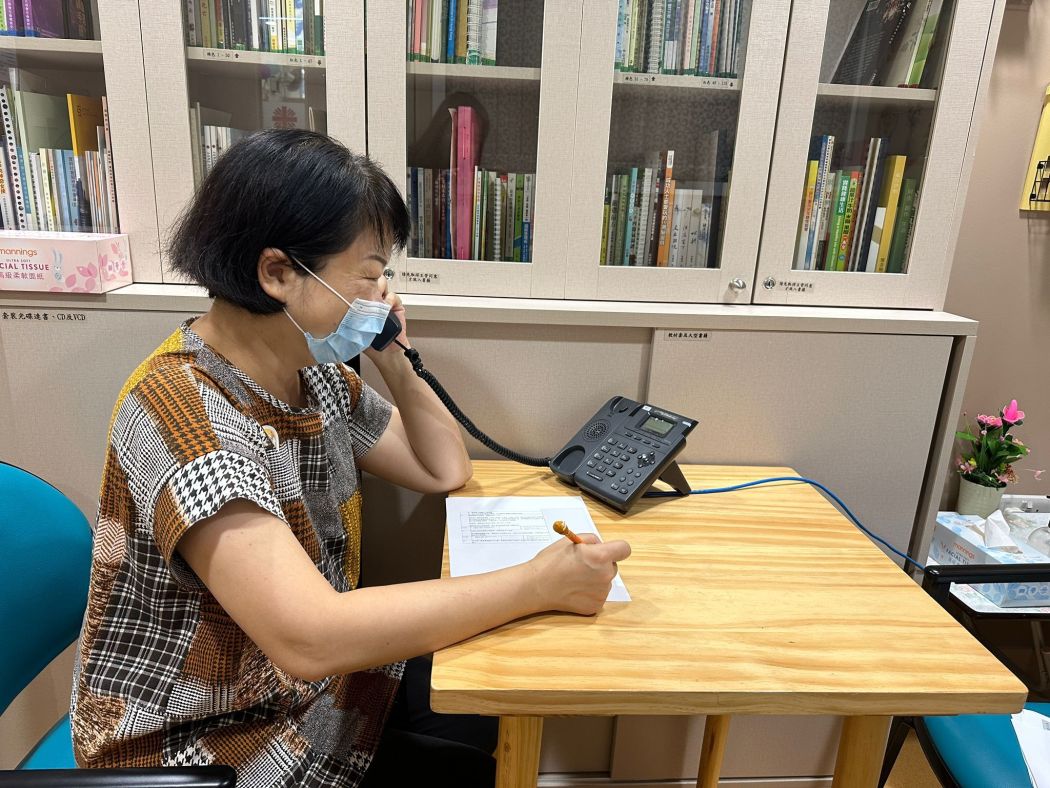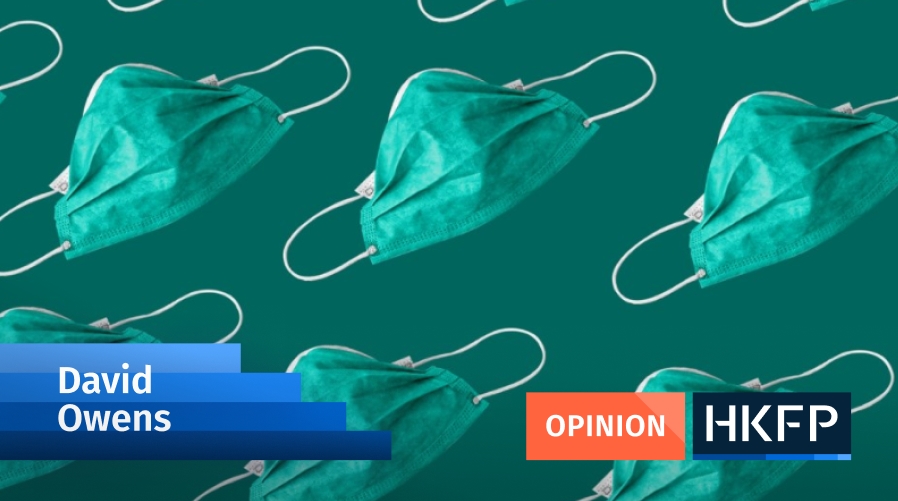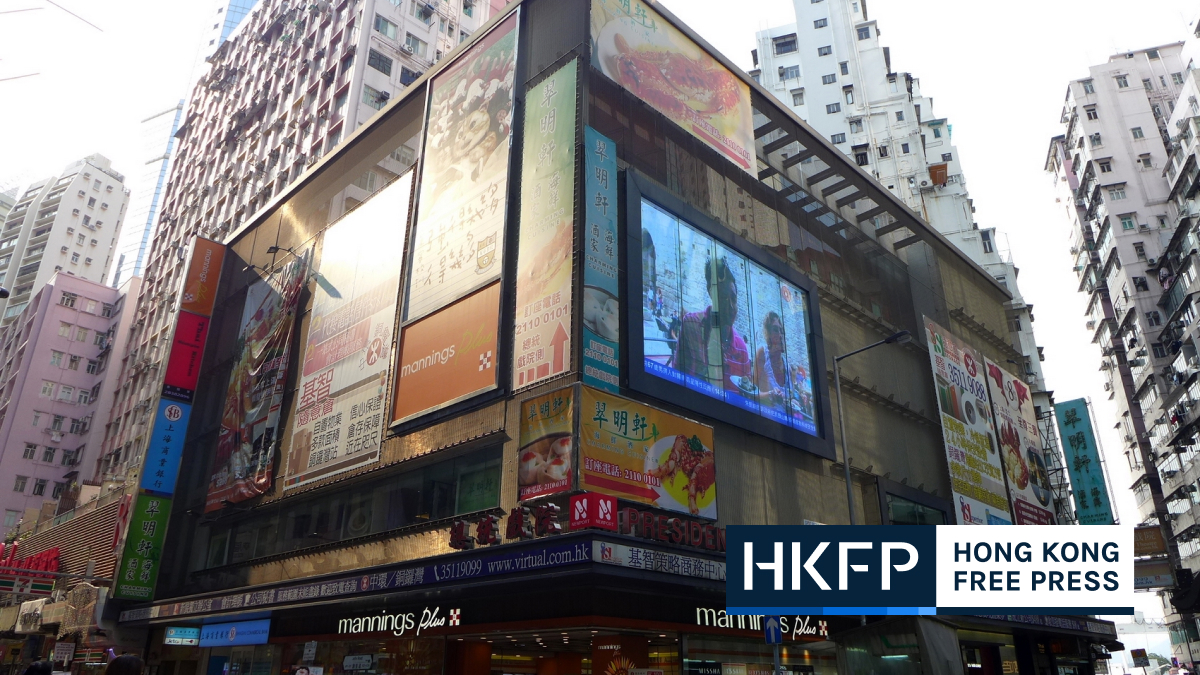More than a third of Hong Kong adults aged 60 and above suffered from “emotional distress” during the city’s fifth and worst wave of Covid-19, a survey has found.
JC JoyAge, a Jockey Club initiative that aims to tackle mental health issues among the elderly, and the University of Hong Kong (HKU) interviewed 4,921 people aged 60 and over from April to June to learn about their mental well-being. The findings were presented on Monday.

Respondents were asked questions that measured whether they showed symptoms of depression, anxiety and loneliness, as well as their feelings about stressors related to Covid-19, their Covid infection history and some basic demographic information.
Of those surveyed, two-thirds were aged 60 to 79, while the rest were older, and 76 per cent were women. Thirty-seven per cent lived alone and 17 per cent had past experience of “mental disturbances.”
More than a third – 35 per cent – had been infected with Covid-19 or knew a family member who had, and the greatest Covid-related concern among respondents was that “they would burden their families if they were infected with Covid-19,” according to the press release issued by JC JoyAge and HKU.

When it came to mental health, 14 per cent said they had displayed signs of depression, 12 per cent had experienced anxiety, and 29 per cent said they suffered from loneliness during the fifth wave. Based on the combined scores, 34 per cent exhibited signs of mental health issues.
“In other words, about one-third of the elderly respondents suffered from at least one condition of depression, anxiety, or loneliness,” the release read. That marked “significant gains” when compared with survey results collected in the same quarter in 2020.
The pandemic has had a significant impact on older Hongkongers’ daily lives, at times closing down community services and making socialising and seeing family members more difficult. Throughout much of the fifth wave, visits were suspended, leaving senior residents isolated.
In April, soon after the peak of the city’s worst wave, more than 95 per cent of Covid-related casualties were aged 60 or above.
Active care
The survey was conducted, in part, by JC JoyAge “peer supporters,” one of whom spoke about her work with the programme. “Some of them cherished the opportunity to talk to us and told us about their health condition and worries about the current situation, Wendy said. “Some others showed more positive attitudes towards the pandemic and have maintained social connections.”

Wai Wai Kwok, a senior clinical psychologist, said that older adults often did not know how or where to look for help. She said that active care from neighbours, friends and family members could help reduce feelings of loneliness and help connect those in need of support with such services.
Hong Kong reported 4,874 new Covid-19 infections and added 10 related deaths on Monday, bringing the city’s total to 1.8 million cases and 10,228 deaths since the pandemic began.
Support HKFP | Policies & Ethics | Error/typo? | Contact Us | Newsletter | Transparency & Annual Report | Apps
Help safeguard press freedom & keep HKFP free for all readers by supporting our team

LATEST ON COVID-19 IN HONG KONG
HKFP GUIDES














